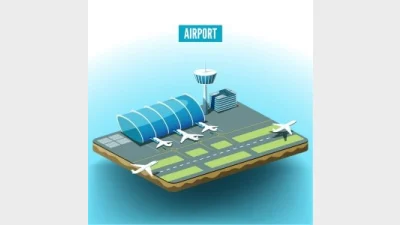Infrastructure only defensive if focused correctly



Investors looking to infrastructure funds as a defensive asset allocation, need to be aware of the "purity" of the investments they are considering, a fund manager warns.
Maple-Brown Abbott head of global listed infrastructure, Andrew Maple-Brown, said many infrastructure indices included companies that were not purely infrastructure, and the lack of purity was reflected in the index's performance.
Research by the fund manager found that infrastructure indices with fewer non-core infrastructure businesses listed on them offered better defensive performance than less pure indices.
The manager's research showed that between 31 December 2007 and 11 March 2009, the MSCI World index dropped 49 per cent, while the FTSE Global Core Infrastructure Index, declined by 34.9 per cent.
Further analysis of the infrastructure indices in 2015, found that the Standard and Poor's (S&P) Global Infrastructure Index was the least pure, and the poorest performer, Maple-Brown said.
"There's a very strong correlation [between the purity of the indices and their defensive performance], so the purer the index the more defensive the characteristics of that index are," he said.
"A substantial holding in the S&P Global Infrastructure Index is listed as an airport.
"Airports include Singapore Airport Terminal (SAT). SAT sounds like an airport, so it's clearly been put in the GIC [global industry classification standards] classification for airports — now we think of airports [assets] as the owners of the airports, so Sydney Airport or Auckland Airport, SAT doesn't own Changi Airport.
"SAT provides the catering to Changi Airport — SAT also owns pig farms in China, it's not an infrastructure asset."
Maple-Brown added that for infrastructure investment to deliver on the promise of being a defensive investment, attention needed to be placed on insuring assets reflect the core characteristics of infrastructure assets.
"In order to be viewed as a separate asset class, you need to remain focused on only those assets with the strongest infrastructure characteristics," he said.
"We believe where it will not deliver on its promise, is if assets are included in the definition, which do not exhibit the infrastructure characteristics… and primarily that's by broadening the definition too wide."
Recommended for you
LGT Wealth Management is maintaining a neutral stance on US equities going into 2026 as it is worried whether the hype around AI euphoria will continue.
Tyndall Asset Management is to close down the Tyndall brand and launch a newly-branded affiliate following a “material change” to its client base.
First Sentier has launched its second active ETF, offering advisers an ETF version of its Ex-20 Australian Share strategy.
BlackRock has revealed that its iShares bitcoin ETF suite has now become the firm’s most profitable product line following the launch of its Australian bitcoin ETF last month.












